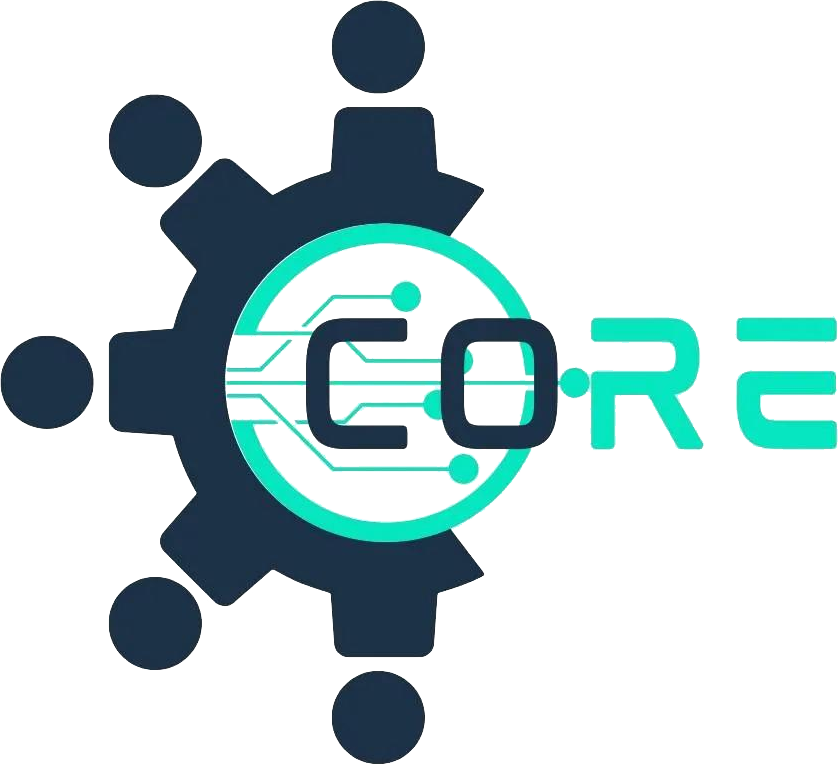Email Marketing Secrets That Convert Leads into Loyal Clients
The Power is In The Conversation

Email marketing has stood the test of time—not because it’s flashy or trendy, but because it works. When done well, it can turn casual subscribers into loyal clients who return again and again. And yet, too many businesses still treat their email list like a one-way megaphone, blasting out promotions with little thought about what actually moves a reader to take action.
The real power of email marketing lies in the conversation it starts. It’s the channel where you speak directly to your audience—no algorithms, no distractions. Just you and a reader who has invited you into their inbox. That kind of access deserves more than just a coupon code or a generic newsletter.
At the heart of effective email marketing for business is the understanding that trust and timing are everything. The first email someone receives from you shouldn’t be a hard pitch. Instead, it should feel like a warm welcome—a genuine introduction to your brand, your voice, and the value you’re going to provide over time. Whether you’re a law firm, a local service provider, or an eCommerce shop, your welcome sequence sets the tone for the relationship.
But what happens after that initial series is just as important. Too many businesses fall into the trap of sending emails only when they want something—a sale, a booking, a download. That’s not a strategy; that’s a transaction. Great email marketing is about building equity with your audience, drip by drip, story by story, insight by insight. You want readers to open your emails because they know they’ll get something out of them—even if they don’t buy today.
Segmentation plays a crucial role here. One of the biggest secrets to successful email marketing is sending the right message to the right person at the right time. If you know someone has browsed a certain service or downloaded a specific resource, use that data to shape what comes next. Personalization doesn’t have to be creepy—it just has to be relevant.
And of course, you need to test. Subject lines, send times, layouts, CTAs—treat each email as a chance to learn what resonates. The more you understand your audience’s behavior, the more effective your email marketing for business will become.
Ultimately, your email list is one of your most valuable assets. These are people who said yes. Who want to hear from you. Who gave you their time and attention. Respect that, and you’ll build something much more powerful than a list—you’ll build a community that buys, refers, and sticks around.


